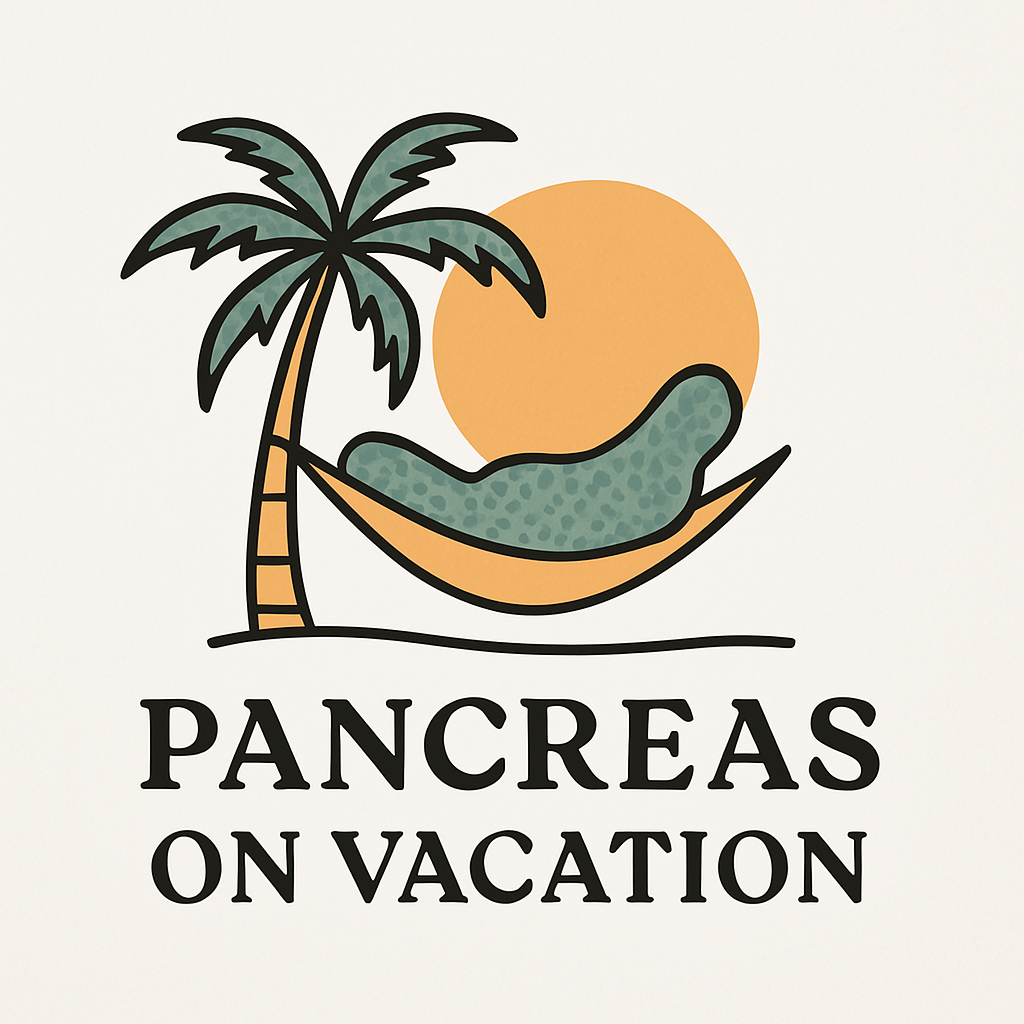I was seven years old, and the day before I got sick was amazing. The kind of day that sits in your memory like a glowing snapshot, with loud engines, sticky air, family all around, and not a clue that life was about to change.
We had gone to a drag race, and I remember the smell before I remember the cars. Burning alcohol fuel and scorched rubber filled the air so thick it stuck in my throat. The bleachers vibrated with every engine roar. It was thrilling. I saw a man pass by our seats with a chocolate ice cream cone, and my craving for it was intense. It felt like more than a treat, it felt like a need. My parents didn’t want to spend the money at the arena, but I must’ve begged like my life depended on it, because on the way home, we stopped at Dairy Queen.
I got a chocolate-dipped cone and held it like a prize. But as soon as it was in my hand, something shifted. My appetite was gone. I took a bite, and it felt wrong in my mouth. I threw away most of it, quietly ashamed, not understanding what my body was trying to tell me.
The next morning, the world was tilted.
I woke up dizzy, like the floor wasn’t where it should be. Nausea crawled up my throat. I had to grip the walls just to make it down the hallway. Every step took full concentration. I felt like I was walking through water, like gravity had doubled overnight. When I made it to the kitchen, I saw my uncle at the sink.
“I don’t feel good,” I told him, my words dragging like I had just spun in circles. My voice didn’t even sound like mine, slurred and heavy.
He didn’t turn around. “Well, maybe you should eat something then.”
Then, splat.
I vomited everything I had in me, aiming for the trash can and missing. I remember looking right at it as my stomach gave up. He finally turned, saw the mess, and said, “The trash can was right there,” still thinking it was something minor. But something inside me already knew, this wasn’t a regular sickness.
After that, I tried toast. That didn’t stay down either. Every meal became a cycle, eat, run to the bathroom, collapse. The couch became my home base. Lying down, barely watching TV, just trying to exist through the discomfort.
My parents thought it would pass, like a stomach bug or some short-term thing. They were just starting to get back on their feet financially. Nobody expected a storm to hit inside their kid.
By the third day, I was just a shell. I had lost 40 pounds. I didn’t even weigh that much to begin with. I couldn’t walk anymore. My dad picked me up and carried me out the door.
At the ER, we sat in the waiting room. I don’t remember most of it, but I do remember yelling. Or more like, roaring from somewhere deep inside me, even though I was barely conscious. I shouted, “I need to see a doctor now!” My mom later told me it startled the front desk lady. That voice, that urgency, came from a place beyond fear. It came from survival. I was fading, and my body screamed for help.
That outburst bought me a ride in an ambulance I can’t remember, and when I arrived at the children’s hospital, they put me into a medically induced coma. My blood sugar was 1,200. I was 20 minutes from dying.
The hospital was warm and white, buzzing with machines I didn’t understand. I woke up tethered to IVs, feeling like I had been cracked open and poured into someone else’s body.
After four days, I was moved to a room by myself. It was quiet. Too quiet. That’s where I learned what diabetes was. That’s where I learned that needles would be part of my life, that carbs would need to be counted, and that my body would need constant checking, like I was a machine with no warranty.
At seven, I became responsible for something most people never have to think about. And the shift wasn’t just in my schedule, it was in my mind.
My subconscious made a hard turn that day. My body had betrayed me. I was still brave, still bold, but underneath it all, a quiet fear began to hum beneath every decision.
Suddenly, my identity and how others saw me mattered more than ever. I was still the loud, funny kid, but now I was watching everything. Scanning every moment for safety, for acceptance.
My family was loving, no question. But they couldn’t see the whole storm inside. They couldn’t feel what I felt, the waves of exhaustion, the random rage, the way even normal activities felt heavier.
Before, I used to say, “I’m the man. I can do anything.”
Now, before anything, I quietly asked myself, “Can I handle this?”
That self-doubt planted a seed of rebellion. If my body was going to fight me, I’d fight the world. If life wasn’t fair, I wouldn’t play fair either. I told myself I’d accept nothing less than being treated right. But that mindset, it isolated me. It started a long, difficult, and lonely road.
I’ll tell you more about that next Wednesday.
Before I go…
How did you react after your diagnosis?
Did it change the way you saw yourself?
If you’re a friend, parent, or loved one of someone with diabetes, did you notice a shift in their mindset afterward?

Leave a Reply
You must be logged in to post a comment.